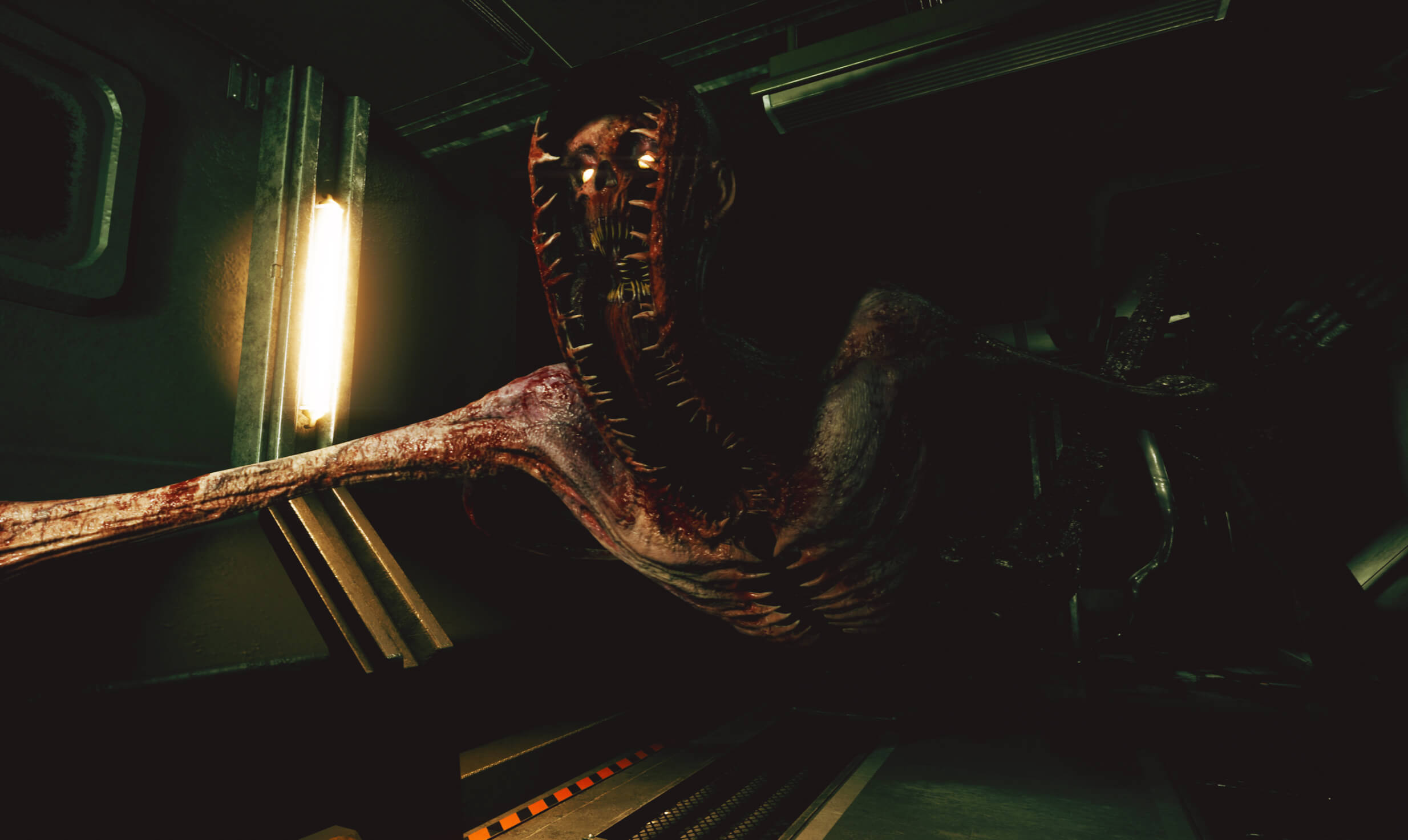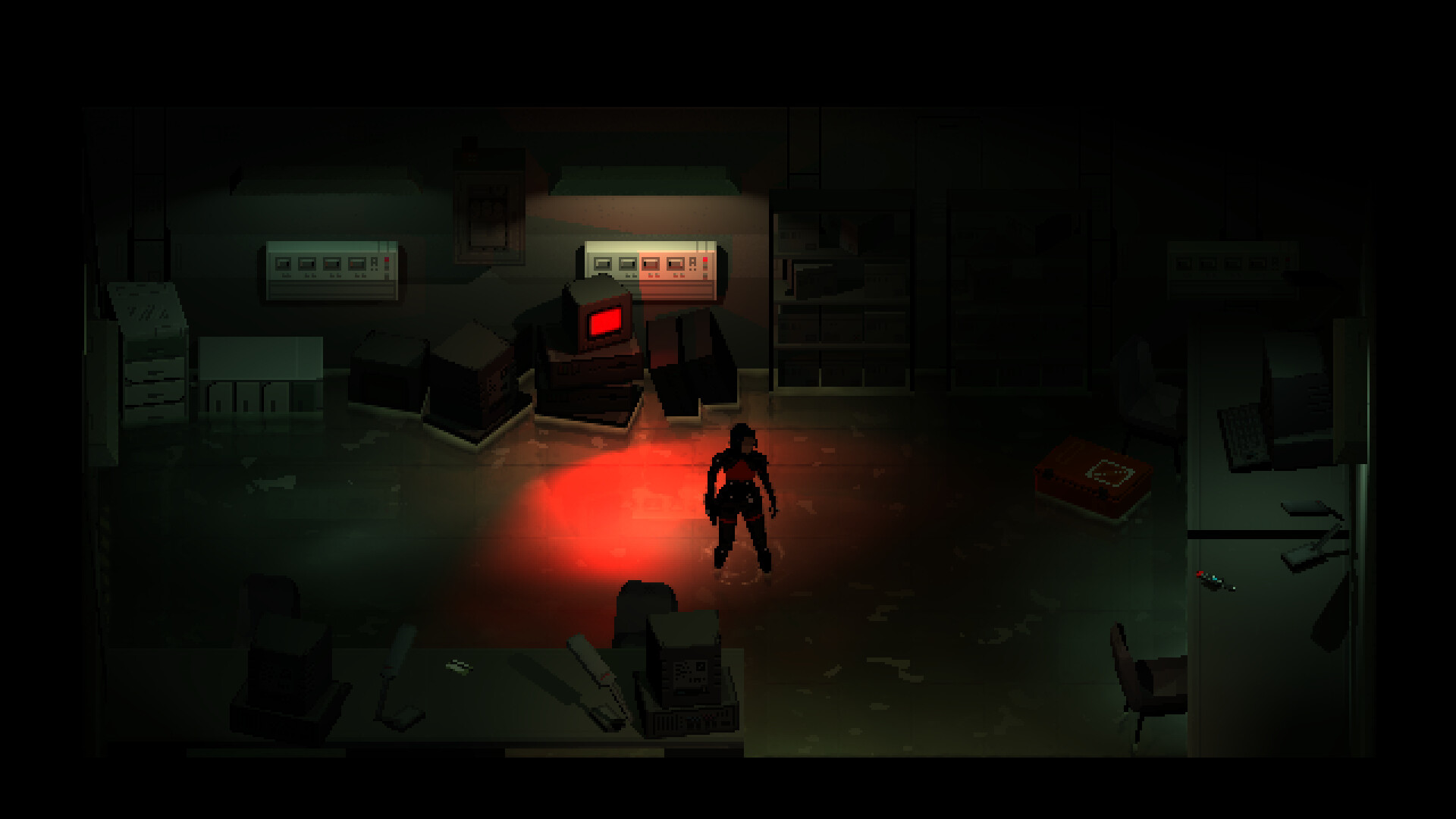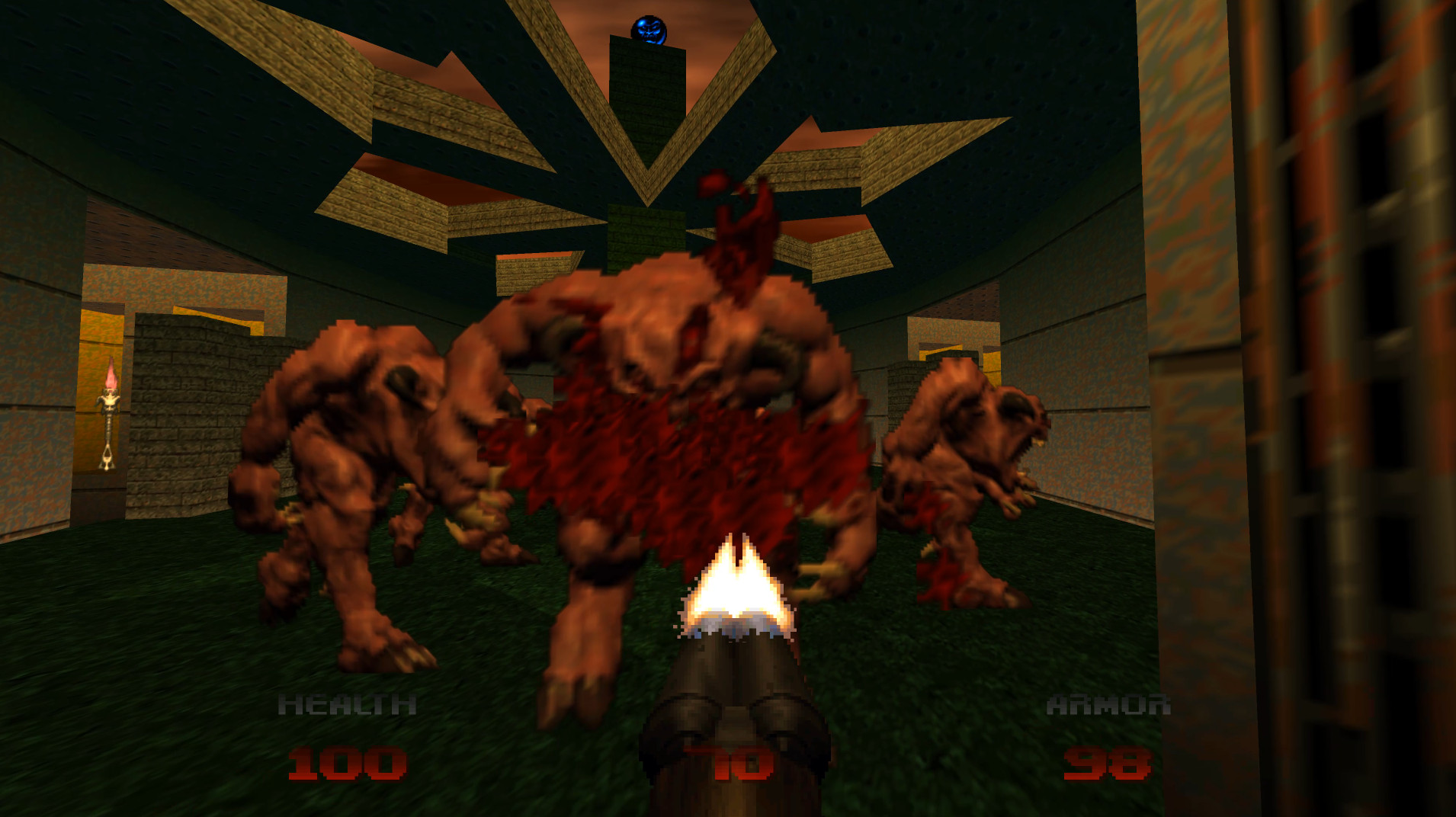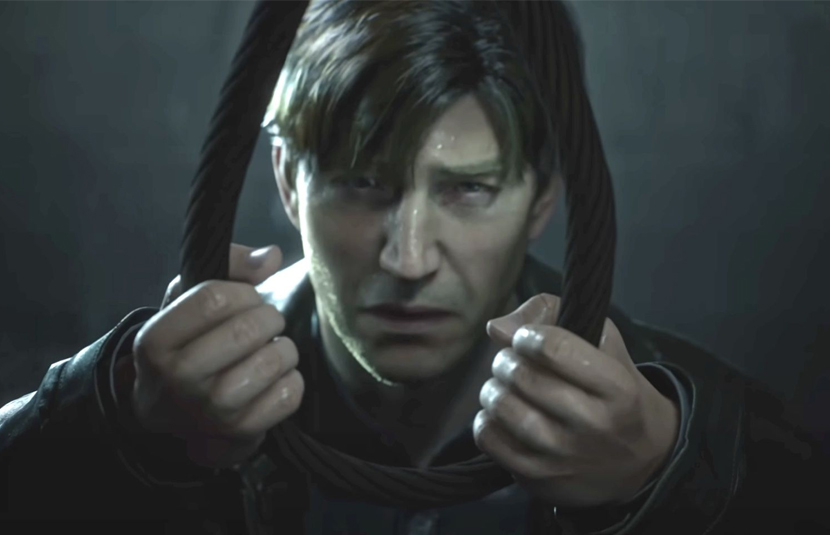
The Sci-Fi Horror Revival
When a small team of fledgling developers from the UK showed the gaming world Negative Atmosphere, its embryonic take on Dead Space, in early 2019, there was some rightful fervor in the horror game space. Mainly because, at the time, there seemed to be no sign of Visceral’s gnarly sci-fi horror franchise returning seeing as a) EA had seemingly dismissed horror as a valid genre, and b) it had actually dismissed Visceral itself, folding it ever-inward into EA itself until it ceased to be.
The emergence of an attempt for a spiritual successor was a good sign. We’d already seen clamor for a return to classic Resident Evil had led to a small studio attempting a remake of Resident Evil 2, which significant or not, played a part in the eventual emergence of Capcom’s own remake, with that fan game becoming Daymare 1998 and carved out its own existence.
It’s a relief that the indie offering can continue to exist when its inspiration is resurrected because Negative Atmosphere has to not only now contend with a Dead Space remake arriving before it, but a spiritual successor by actual former Visceral developers in The Callisto Protocol as well. It’s a good time to be alive if you want Event Horizon-style space horror. Hell, it’s a fantastic time for sci-fi horror in general, and smaller developers are at the forefront of it.

Whilst the big names will gain the most traction online, it can’t be forgotten that the likes of Negative Atmosphere prove to be a great way of testing the waters, and whilst it is still emerging from its own personal development chrysalis slowly, but surely, it’s far from the only indie title involved in the sci-fi horror revival going on.
It’s no surprise to anyone who follows indie development that most big publishers and their games have picked the fruit off smaller trees over the last 15 years or so, and in horror, that’s especially true.
Just over a decade ago, EA wasn’t the only big hitter believing horror was suddenly no longer required. Even stalwarts such as Capcom were diluting Resident Evil down to sell it to what it believed was a more lucrative audience (the one with lots of shootybangs). Mainstream horror games were slowly dying on the vine, titles such as Alien Isolation were the outlier rather than the norm. But the fast-emerging indie and small developer scene had never let horror go, and you can feel the influence of titles such as Frictional Games’ Amnesia: The Dark Descent to this day.

In sci-fi horror, smaller developers have been chuntering away (relatively) quietly for a few years now. Frictional has contributed to its boon with the revered SOMA. No Code followed up Stories Untold with the atmospheric subtle space horror of Observation, and now it’s off making a whole bloody Silent Hill game. These are just the ones that got noticed most. The likes of Moons of Madness, Stowaway, We Went Back, Deliver Us The Moon, The Persistence, and Solipsis from our very own Dread X Collection 2 have also been part of the growing wave in their ways.
If you want a further indicator of the sci-fi horror revival’s status, you only need to look at this year’s Summer Games Fest, which had so much sci-fi horror of all shapes and sizes that it became a bit of a joke. Not only did we get a better look at The Callisto Protocol, but the show also included the intriguingly somber Mars mystery The Invincible, the re-emergence of long-gestating tech horror Routine, a strategy-led Aliens game, and the beautifully ominous Fort Solis. So while The Callisto Protocol was the leading light in terms of popularity, the show was filled with sci-fi horror from a variety of smaller development teams. It probably would have helped if they hadn’t been frontloaded quite as heavily with them though. Also, Signalis is very close, and is perhaps the best example of sci-fi horror of the lot.

Lots of things contribute to patterns and trends, but there can be no downplaying the vigil smaller developers have kept for sci-fi horror over the years, inadvertently feeding the next cycle of influence and pushing bigger names to pull their finger out when they see there’s money on the table. I’m as excited as anyone to go back to stomping Necromorphs and reveling in the gore-soaked carnage of The Callisto Protocol, but I’m just as happy that I’ll be able to figure out the mysteries of a Martian expedition in The Invincible, and be grimly enchanted by the retro-tech sci-fi survival horror of Signalis. Science Fiction and Horror are fine bedfellows, and it’s great to be able to snuggle up with them both in games more often than ever.




